Mike Pence was never likely to win the Republican nomination for president, and today he recognized the inevitable. He withdrew from the race.
Now is not the time to focus on why his candidacy never gained traction. It is the time to remember his great contribution to our nation on January 6, 2021. On that fateful day, Pence did the right thing, despite enormous pressure from Donald Trump and a rioting mob to do the wrong one. He resisted that pressure at great risk to his political future and personal safety. He deserves our praise and gratitude.
On January 6, Pence was presiding over the Senate as the electoral votes for president were counted. The duty was a limited, constitutional role assigned to the vice president. He was charged with presiding as the electoral votes from the states were cast and counted. Nothing more. Donald Trump asked him to go well beyond those constitutional limits and delay the count while Trump put forward his own slates from states he had lost.
Pence refused, and he was right. His action was more than courageous. It was essential to preserve our traditional process to certify the election outcome and ensure the peaceful transfer of power.
President Trump was well within his rights to go to court and challenge his presumed losses, state by state. Our country should not tolerate fraudulent votes or, worse, allow them to flip the outcome in any state. Worst of all would be to allow fraud to change the outcome for the president, as it almost certainly did in 1876 (Samuel Tilden versus Rutherford B. Hayes).
There is no problem, then, with President Trump challenging state outcomes in court. That’s his constitutional right. He lost those challenges, but refused to accept the verdict. No court found any electoral outcomes had been altered by fraud. That’s not to deny that there was some fraud, as there always is. That’s not to deny that some procedures virtually invite it. Vote harvesting certainly does. But, once again, those cases have to be argued — and won — before neutral courts. When those cases and the appeals are lost, the constitutional path to overturn the election is over. Trump never accepted that verdict.
It wasn’t just the courts that told Trump he lost. All Trump’s senior advisors gave him the same message, no easy task. They told him the election outcome was basically fair and that he had lost. That information didn’t just come from his political advisors. It came from federal officials charged with monitoring the election. Mike Pence accepted those conclusion, knowing just how much that would cost him in a party dominated by Trump and his followers.
The peaceful transfer of power depends on the loser and his followers accepting the outcome and the new president as legitimate. Richard Nixon did so in 1960, when he may well have been cheated out of victory by fraud in Illinois and Texas. Al Gore acknowledged his loss in 2000, after losing his challenge at the Supreme Court. Their acknowledgement makes it far easier for voters who supported the losing candidate to accept the newly-chosen president.
Donald Trump chose a different path. He refused to acknowledge Joe Biden’s victory. He still refuses, three years later. His obstinance is not illegal, but it violates crucial norms of constitutional governance and undermines the stability of our government and our society in a deeply divided nation. Nor is it illegal for Trump to call mass rallies protesting the outcome, as he did for January 6. He has the same First Amendment rights of free speech and free assembly as other Americans.
It would be illegal, however, to call on his followers to invade the Capitol building or disrupt Congressional proceedings to certify the election outcome. Note, though, that Trump has never been charged with either, much less convicted. It was wrong of Special Counsel Jack Smith to suggest those violations in a press conference explaining his charges against Trump. He should either file those charges or shut up.
Where Trump did his greatest harm was not by acting illegally but by violating the norms on which our democracy relies. He demanded Vice President Pence delay the Senate certification of a new president. He compounded that harm by doing nothing as rioters rampaged through the Capitol, disrupting the electoral count and forcing senators and representatives to run for cover. The rioters left the building hours later, when Trump finally spoke publicly and asked them to. Until then, the president had remained silent, while Pence and congressional leaders faced real physical danger. The president never even bothered calling them to express his concern.
Trump’s silence was more than a moral failure. It was an abrogation of his presidential duty to preserve our laws, our procedures, our constitution. It was Mike Pence who stood in the breech and preserved them. He was a hero when our nation needed one.



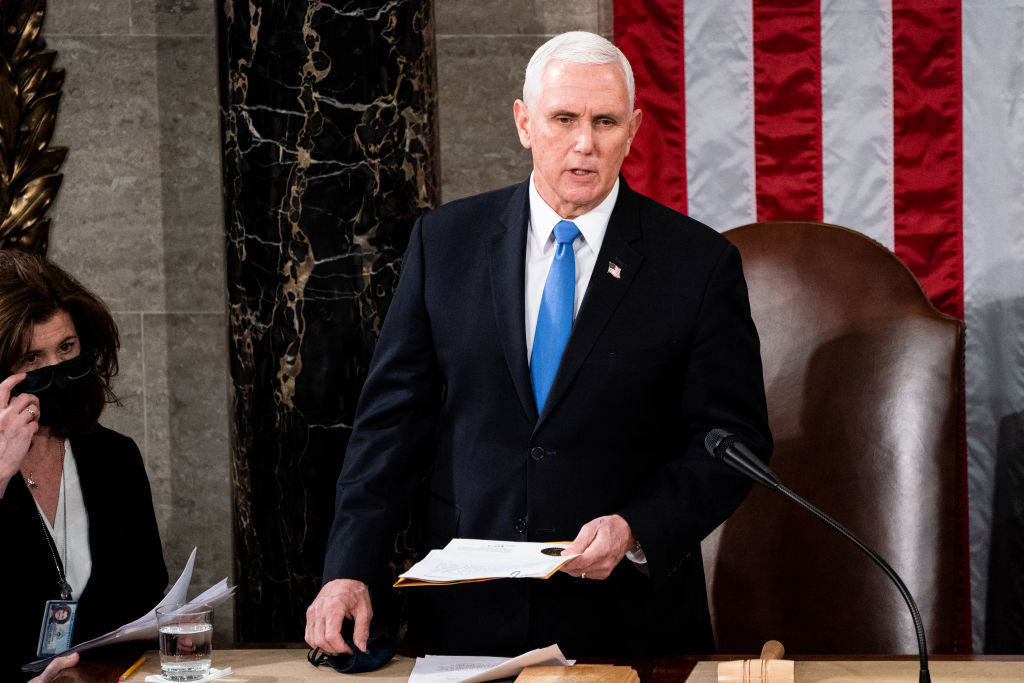







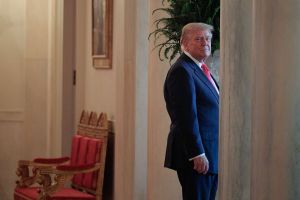
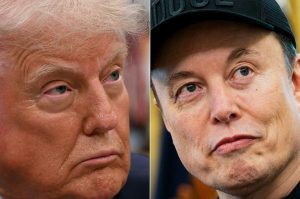
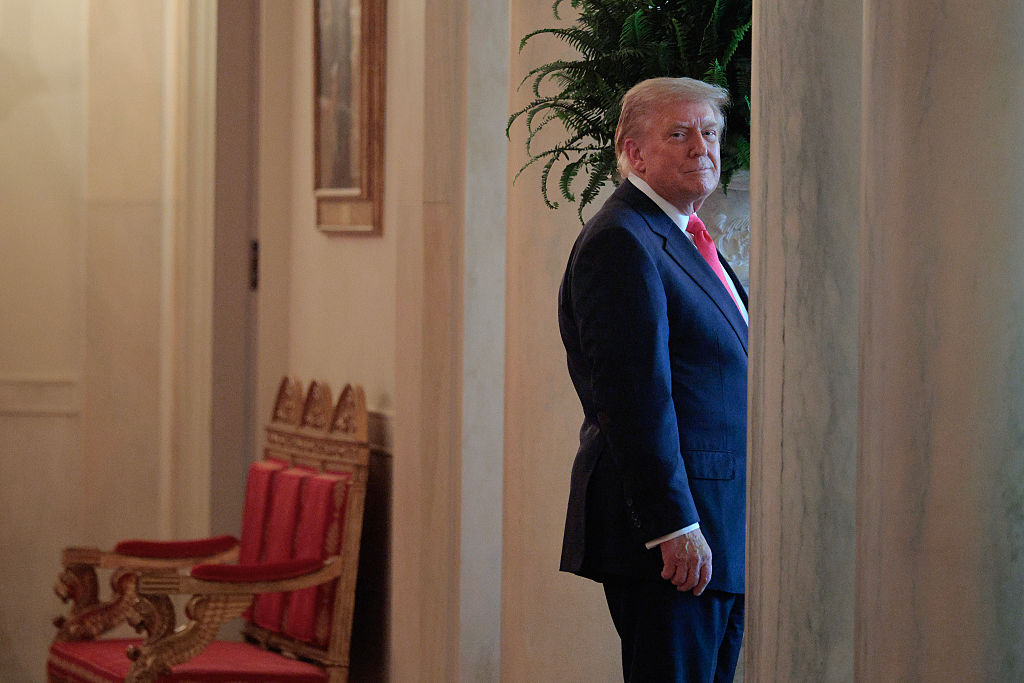
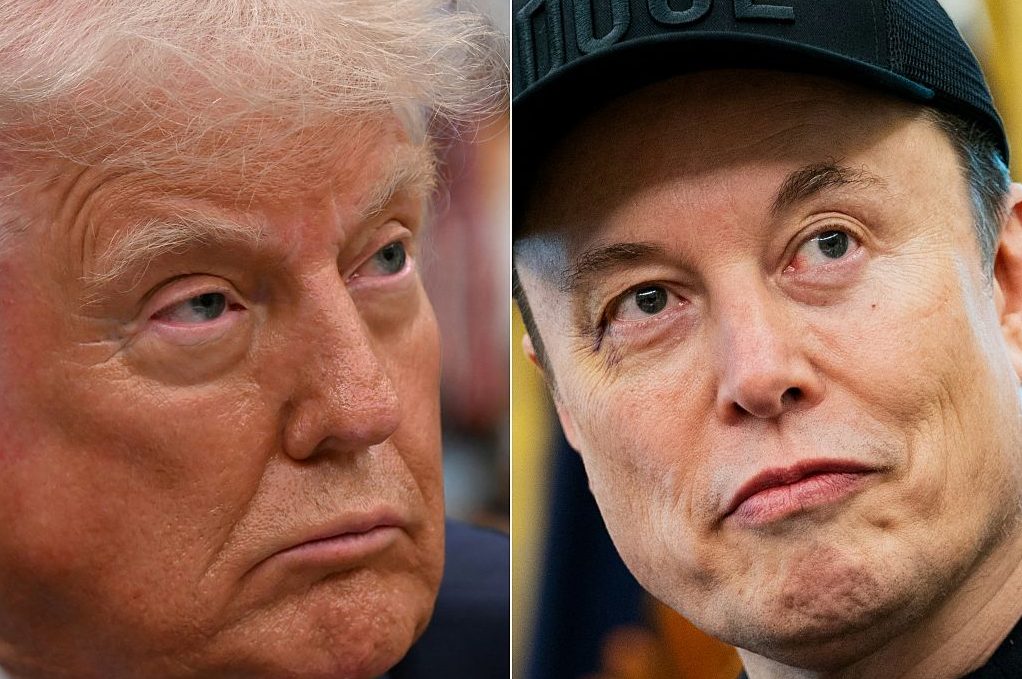
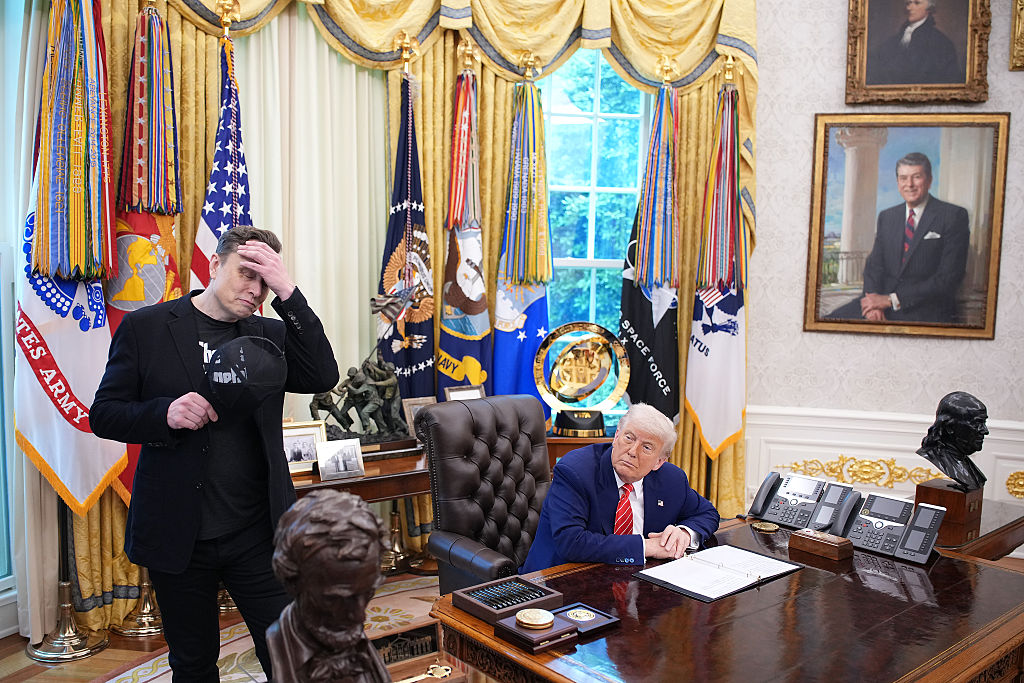


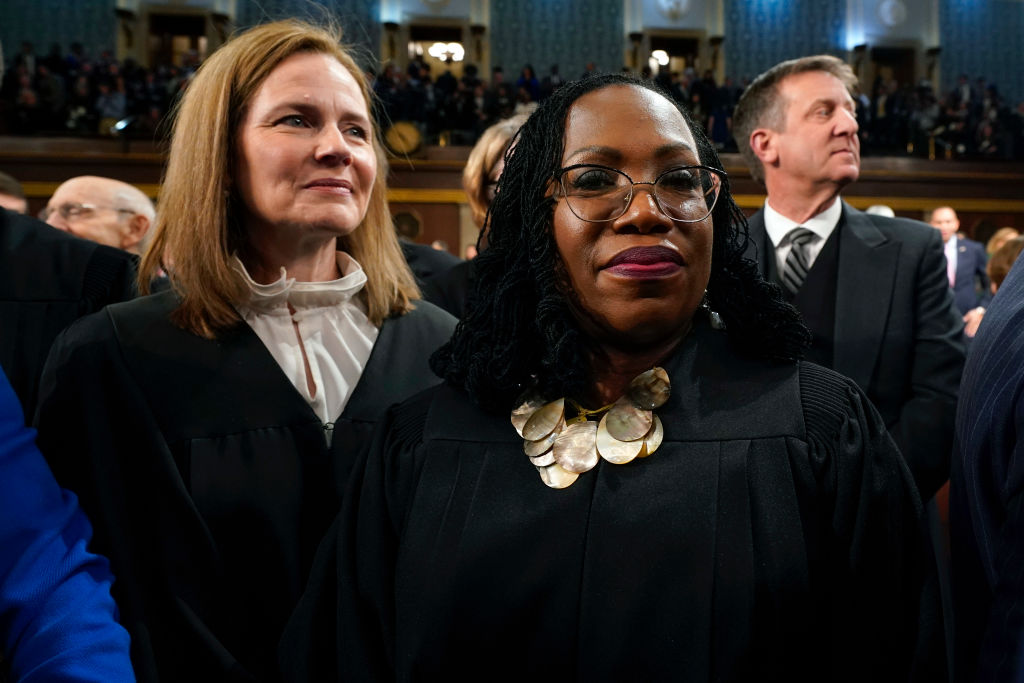







Leave a Reply